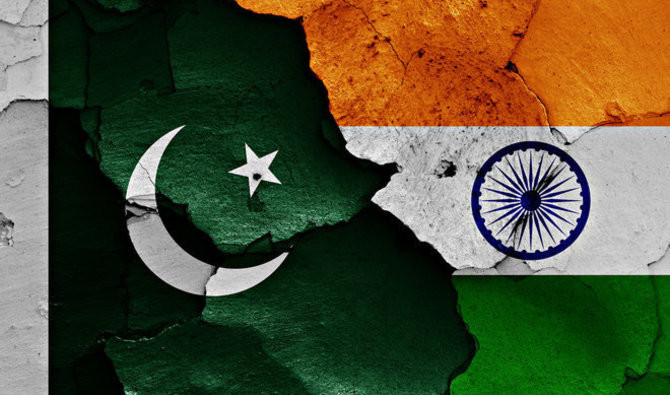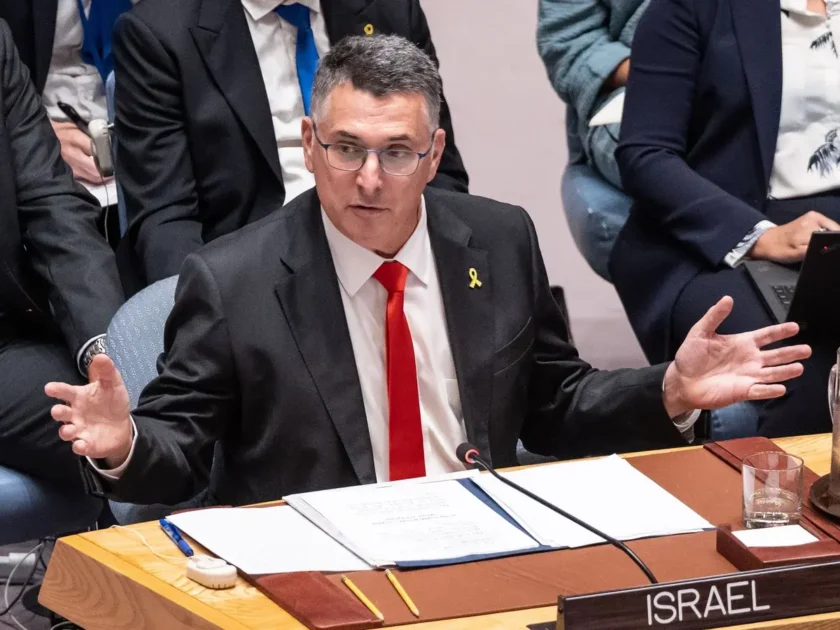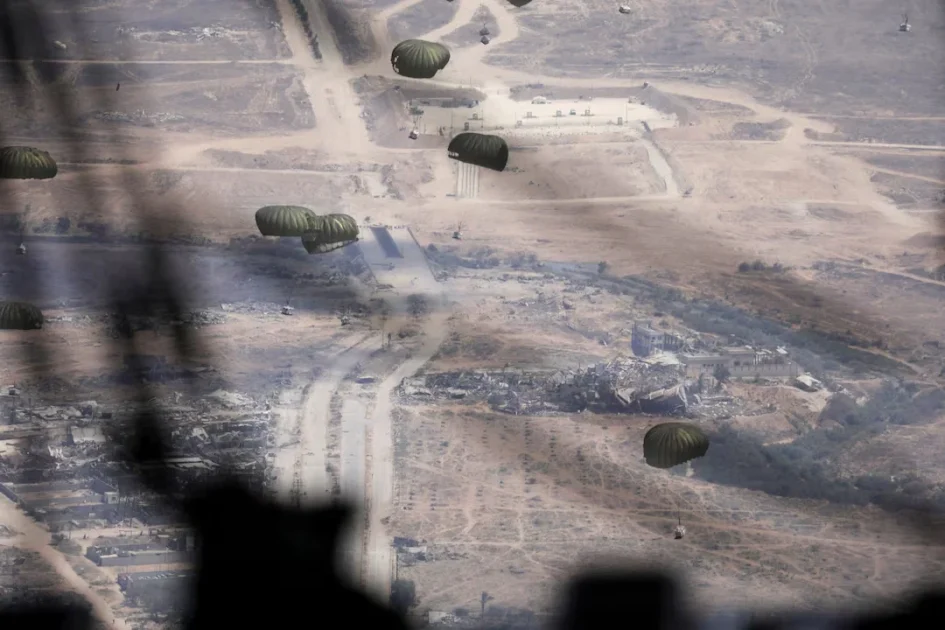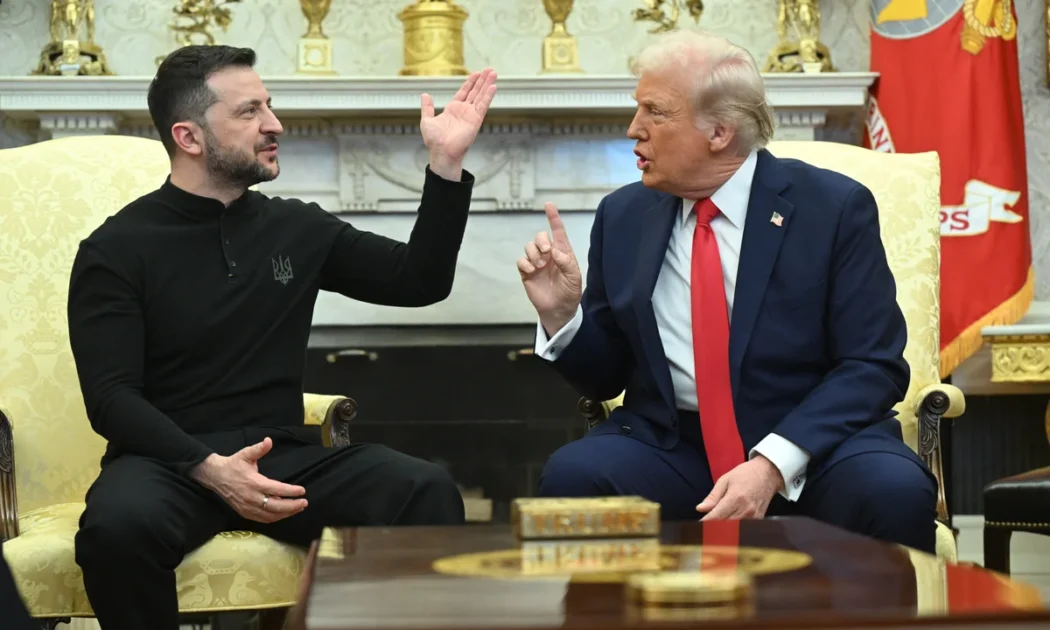- Reuters
- 1 Hour ago

FO labels India’s covert operations violations of international law
-
- Web Desk
- Nov 24, 2023

ISLAMABAD: In a recent press briefing held on Thursday, the Foreign Office (FO) expressed deep apprehension regarding the significant expansion of India’s clandestine operations, encompassing espionage and extraterritorial assassinations on a global scale.
FO spokesperson Mumtaz Zahra Baloch strongly condemned these actions, characterising them as blatant violations of international law, Dawn News reported. During the weekly media briefing, Baloch underscored Pakistan’s status as a victim of India-sponsored terrorism and subversion.
She remarked, “India’s network of espionage and extraterritorial killings has gone global.” Baloch referenced a report in the Financial Times that detailed a thwarted plot by United States authorities to assassinate Gurpatwant Singh Pannun, a Sikh separatist.
Imam-e-Kaaba stresses world to play role in halting massacre in Palestine
The FO spokesperson stated, “We have condemned and we are concerned about India’s reckless and irresponsible conduct, which we believe is a clear violation of international law and the UN principle of state sovereignty.”
The Biden administration reportedly conveyed its concerns to Delhi regarding the assassination plot. This follows a statement by Canadian Prime Minister Justin Trudeau in September, revealing that Canadian security agencies were actively investigating credible allegations linking Indian government agents to the June murder of Sikh separatist leader Hardeep Singh Nijjar in British Columbia. Canada responded by expelling an Indian undercover diplomat, emphasizing the seriousness with which it viewed these allegations.
Responding to inquiries, Baloch asserted that India has a history of engaging in espionage and terror activities within Pakistan. She reminded the audience of a dossier issued by Pakistan last year concerning the Lahore attack, providing credible evidence of Indian involvement in a terror attack inside the country. Baloch reiterated, “This is an issue of serious concern for Pakistan.”






